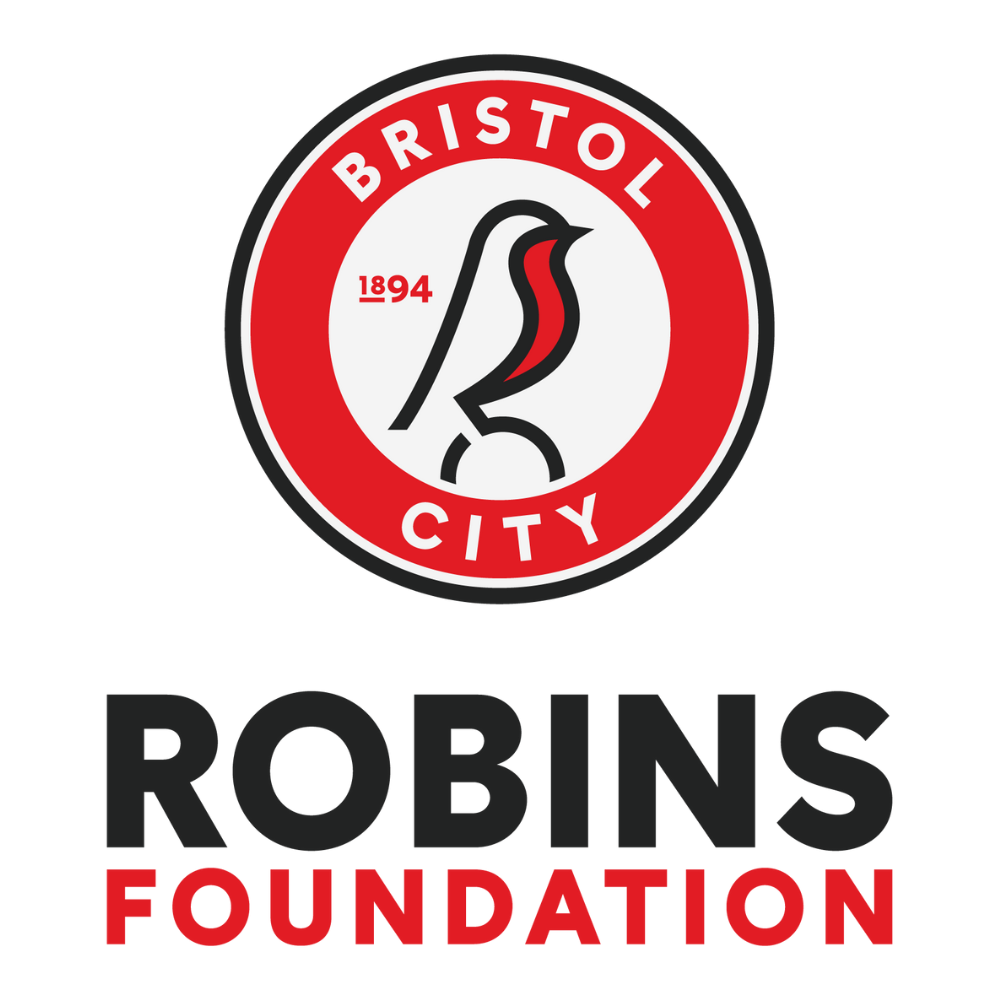International Human Rights Day 2020
Human Rights Day is observed every year on 10 December — the day the United Nations General Assembly adopted, in 1948, the Universal Declaration of Human Rights (UDHR). The UDHR is a milestone document that proclaims the inalienable rights to which everyone is entitled as a human being – regardless of race, colour, religion, sex, language, political or other opinion, national or social origin, property, birth or other status. Available in more than 500 languages, it is the most translated document in the world.
2020 Theme: Recover Better – Stand Up for Human Rights
This year’s Human Rights Day theme relates to the COVID-19 pandemic and focuses on the need to build back better by ensuring Human Rights are central to recovery efforts. We will reach our common global goals only if we are able to create equal opportunities for all, address the failures exposed and exploited by COVID-19, and apply human rights standards to tackle entrenched, systematic, and intergenerational inequalities, exclusion and discrimination. 10 December is an opportunity to reaffirm the importance of human rights in re-building the world we want, the need for global solidarity as well as our interconnectedness and shared humanity. Under UN Human Rights’ generic call to action “Stand Up for Human rights”, we aim to showcase practical and inspirational examples.
Find out how we strive to put human rights at the centre of our work:
COMMUNITY CHAMPIONS LEAGUE
The project is a social street football competition organised locally in ten cities from eight European countries, where the participating teams can win more points through Fair-Play, Fair Support and Volunteering in community activities than by winning their Street Football matches. Children from different backgrounds get to know and respect each other because different schools compete against each other. Furthermore, the international tournament gives them the opportunity to meet other European children and play football with them.
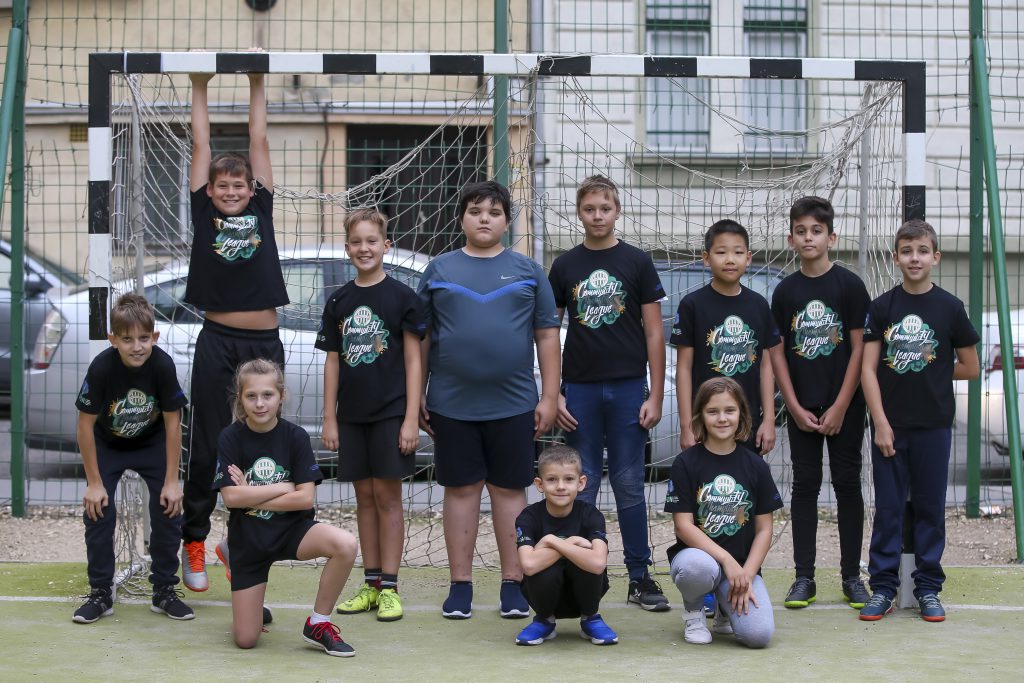

EUROPEAN HEALTHY FOOTBALL LEAGUE
The Healthy Football League will be an online competition that gives the possibility to compete online with fans from other clubs to become the healthiest club in Europe. Participation in the programme is very attainable- a smartphone, a bike or favorite route for walks or runs is all people need. It connects international fans of a club to work together on a common goal and to connect with each other and with family or friends for physical activity.

SCORING FOR HEALTH
Scoring for Health aims to tackle the problem of childhood obesity which, as identified by the World Health Organization, is still a critical issue throughout Europe today. The programme supports the 3rd UN Sustainable Development Goal of Good Health and Well Being and is funded by Erasmus+. Health and good nutrition are basic human rights that are being supported by this programme. Children, schools and parents work together with the clubs to ensure it has a sustainable and positive effect. That way, kids from different backgrounds have the chance to learn about a healthy lifestyle at a stage where change or adapting is easier and can also have a positive effect on people around them.



SHOW RACISM THE RED CARD
In collaboration with network members and project partner Geef Racisme de Rode Kaart, EFDN delivers the Show Racism the Red Card programme. Show Racism the Red Card (SRtRC) is a 24-month anti-racism and anti-discrimination programme. SRtRC utilises the high-profile status of football and football players to help tackle racism in society. The project aims to raise awareness of diversity, foster social cohesion, and reduce physical and verbal violence linked to racism. The programme supports Human Rights since racism and other forms of discrimination question people’s humanity and rights on a daily basis. It is an issue that has been talked about a lot this year- not because it was not an issue before but because more and more people make their voices heard and demand change. This project attempts to support long-term change that transcends the field of sport.
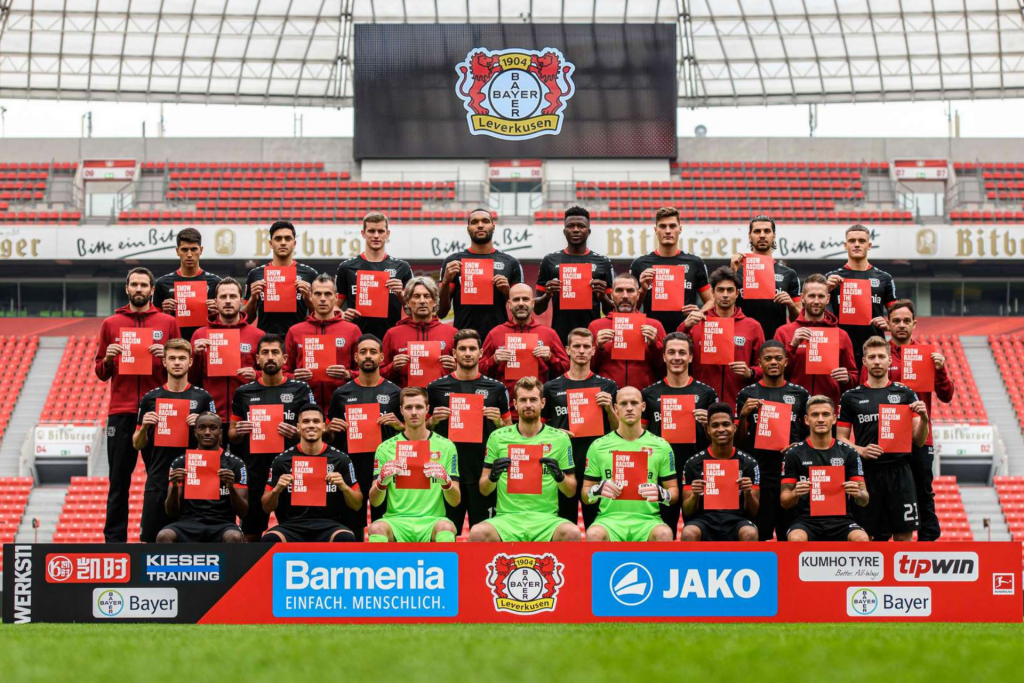
TACBIS
Colour blindness is one of the world’s most common inherited conditions, affecting an estimated 300+ million people worldwide. To address and raise awareness on this issue, EFDN developed the “Tackling Colour Blindness In Sport (TACBIS)” programme. Together with our programme partners we will investigate the prevalence of colour blindness in football (fans and players), identify barriers to progression for colour blind players and coping mechanisms employed by colour blind players. Together with our project partners we aim to raise awareness for colour blindness in sport and society and promote surroundings that are colour blind friendly. It is a human right to be protected from discrimination and take part in the social life which includes sport. EFDN will start an awareness campaign amongst clubs to prevent kit clashes for colour blind people and share the gathered knowledge and practical solutions in a new EFDN Practitioners Guide. We encourage all our member clubs to take first steps like, for example, to make changes on the website to improve the accessibility for colour blind people.
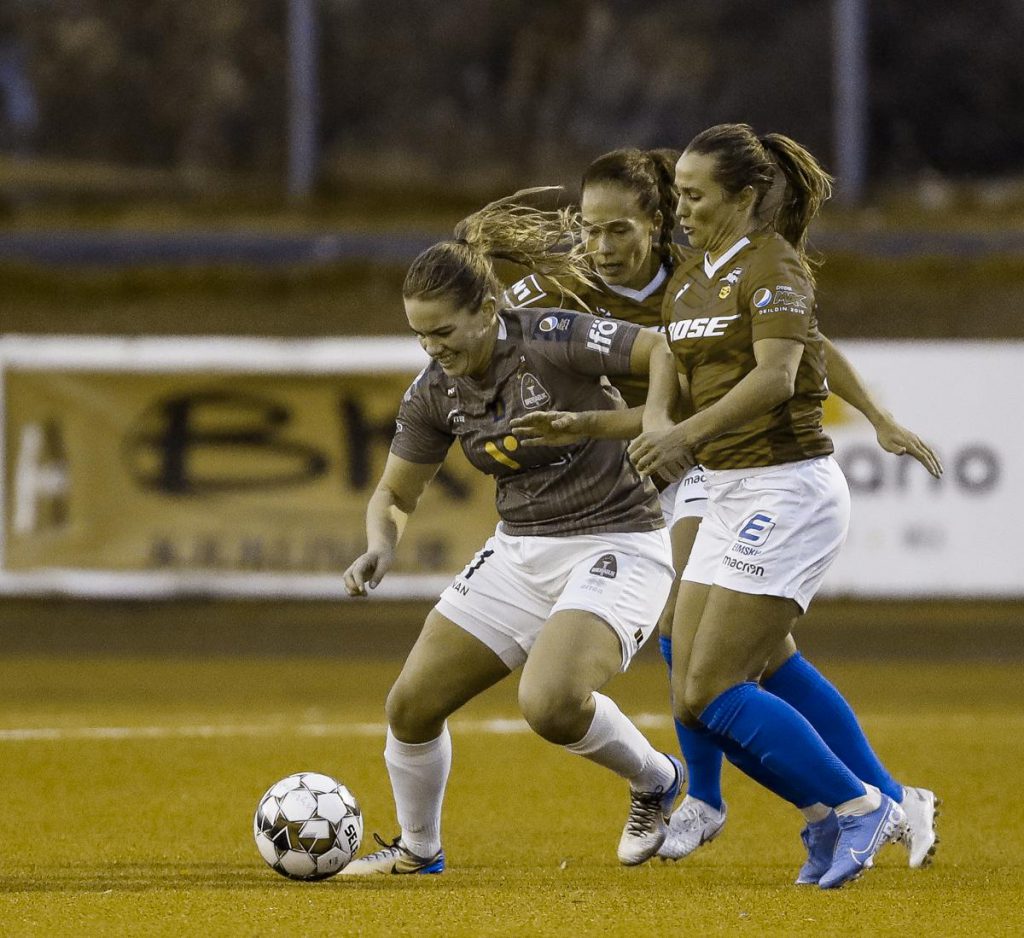

WELCOME THROUGH FOOTBALL
The Welcome Through Football programme funded by UEFA Foundation for Children started on the 1st of January and will run through until June 2022. The Welcome through Football methodology fosters the social inclusion and employability of young newly arrived immigrants and refugees. Therefore, our activities are promoting the quality of youth work, the intercultural dialogue and strengthen knowledge and acceptance of diversity in society.
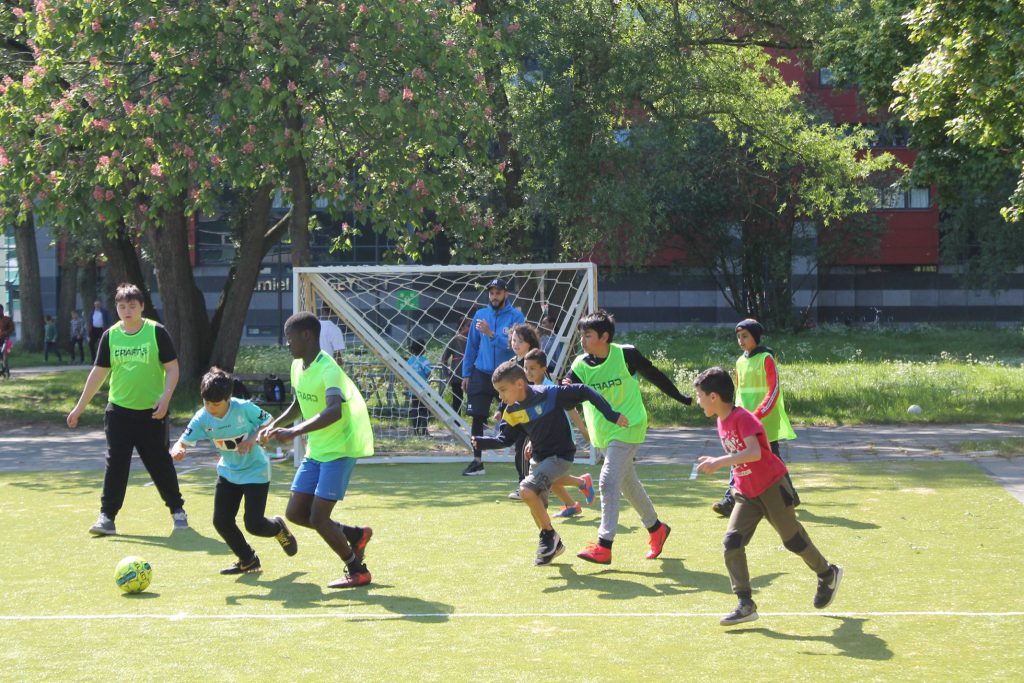

Resources
The PRESFUL (PRotect, rESpect, FULfill) project builds on research from different sports and different countries to capture the most recurring contextual factors to establish a sports human rights toolkit for organisations that are interested in developing human rights due diligence. It wants to support with the delivery of a cooperative and concerted approach among project patners in order to deliver added value in the field of sport integrity at EU level, with scalability across other continents and promoting sport social responsibility in general.
The project has also written a report on human rights in football specifically. It contains five indicators and explains them, for example, a list of intersections between football or best practices of football when it comes to human rights including case studies. Furthermore, it presents three Key Take-Aways for football clubs and associations to get inspired and motivated.
Human Rights Day on social media


Aris Limassol FC Social, Environmental, and Health Initiatives


